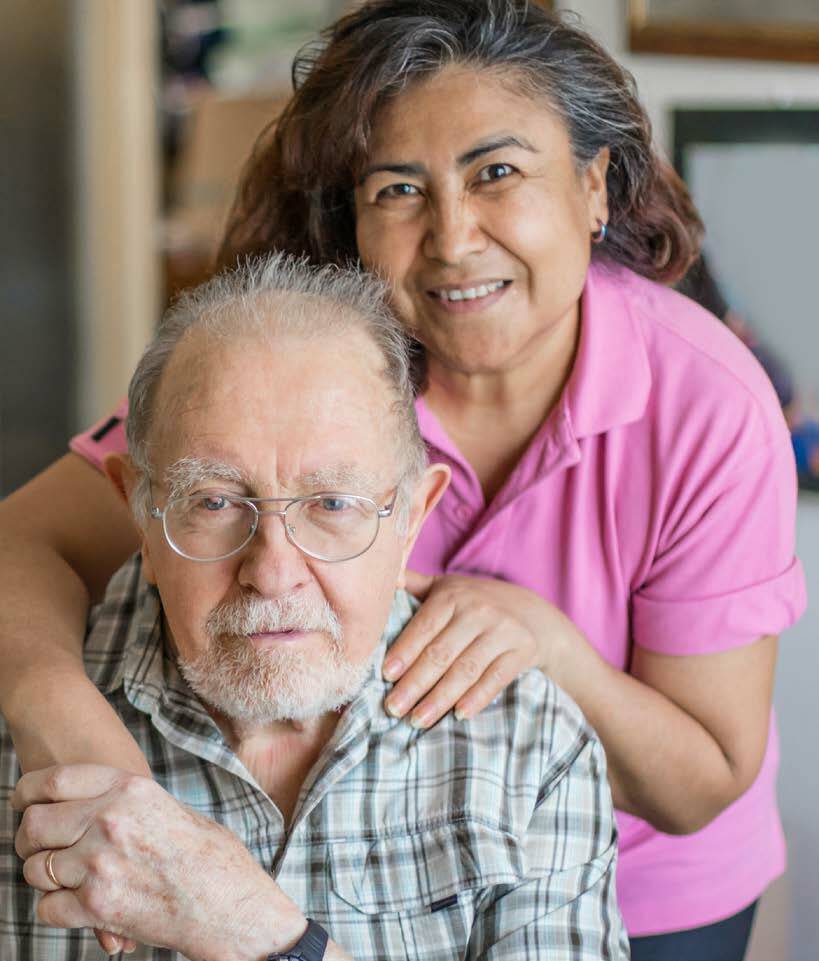A proclamation from the White House earlier this month declared November the month to recognize national family caregivers, emphasizing the high demand and low pay for care workers.
Many people, though, don’t receive monetary compensation for the essential services they provide to friends, neighbors and loved ones with chronic illness, disability or old age.
There are more than 800,000 unpaid caregivers in Washington state, according to a news release from the Olympic Agency Area on Aging (O3A), which hopes to support and recognize unpaid caregivers for their essential function in taking strain and costs off the healthcare system.
“This is a critical time,” said Laura Cepoi, executive director of O3A. “We’re seeing demographic trends leading to an increased need while we have a severe shortage of paid caregivers. We need to continue to support unpaid caregivers while also developing solutions that make use of new technology and expanding partnerships.”
O3A, which serves Clallam, Jefferson, Grays Harbor and Pacific counties, said in a news release that unpaid caregivers in those counties have access to a number of programs to ease the workload of caregiving, and help them learn new skills.
Through O3A, caregivers can access Washington State’s Medicaid Transformation Project — federal and state dollars available for people who do not qualify for long-term care. Other programs offer one-time funding for household items or school supplies.
Michelle Fogus, a planner and program development manager for O3A, said the agency’s programs are often based on the needs of the caregiver or care receiver. Often, time devoted to caregiving can negatively affect income or other aspects of personal life.
Sometimes, unpaid caregivers aren’t recognized and may not realize the essential service they provide, Fogus said.
Unpaid caregivers are becoming more essential as the country’s population ages, O3A states. Kinship caregivers will allow the older generation to age gracefully and safely in their homes, rather than moving into a nursing or assisted living facility.
“Without those unpaid caregivers, there’s no way our funded services could pay for all those hours,” she said.
Eligibility for programs could vary based on age and income, Fogus said, but those can be sorted out by calling O3A.
Contact reporter Clayton Franke at 406-552-3917 or clayton.franke@thedailyworld.com.


